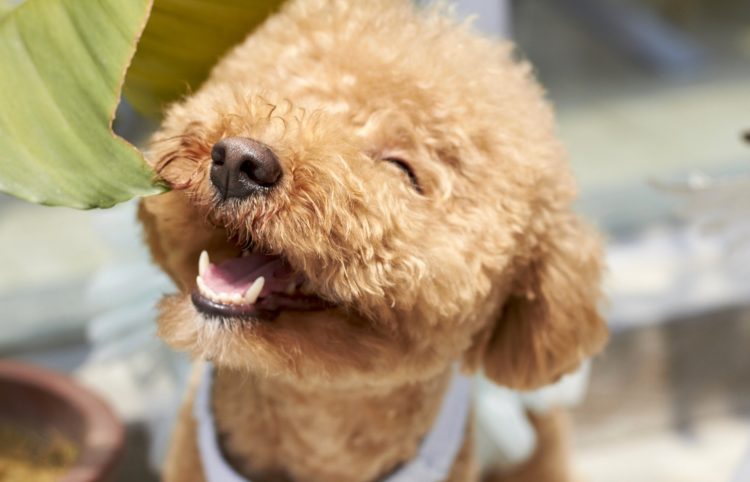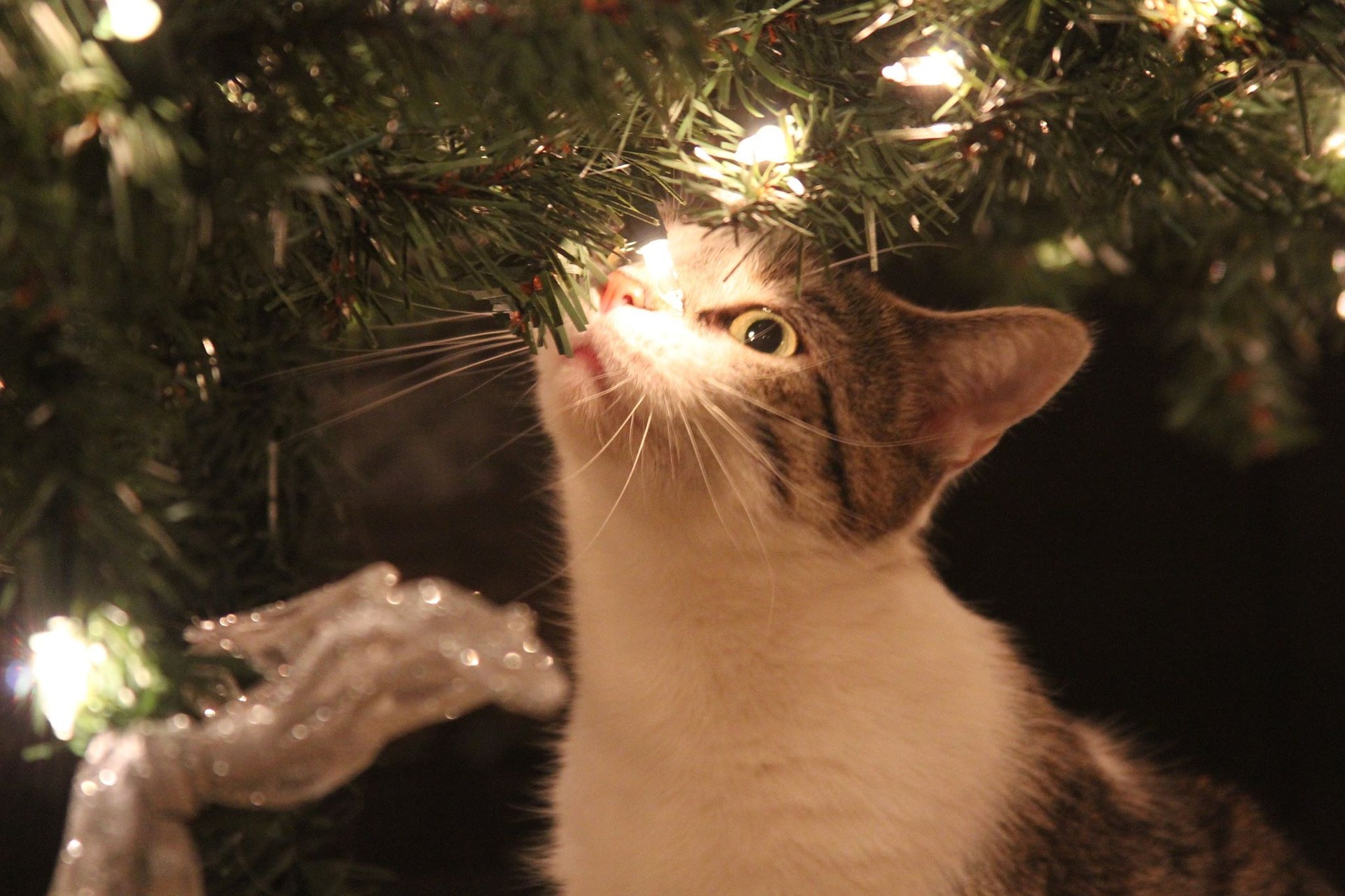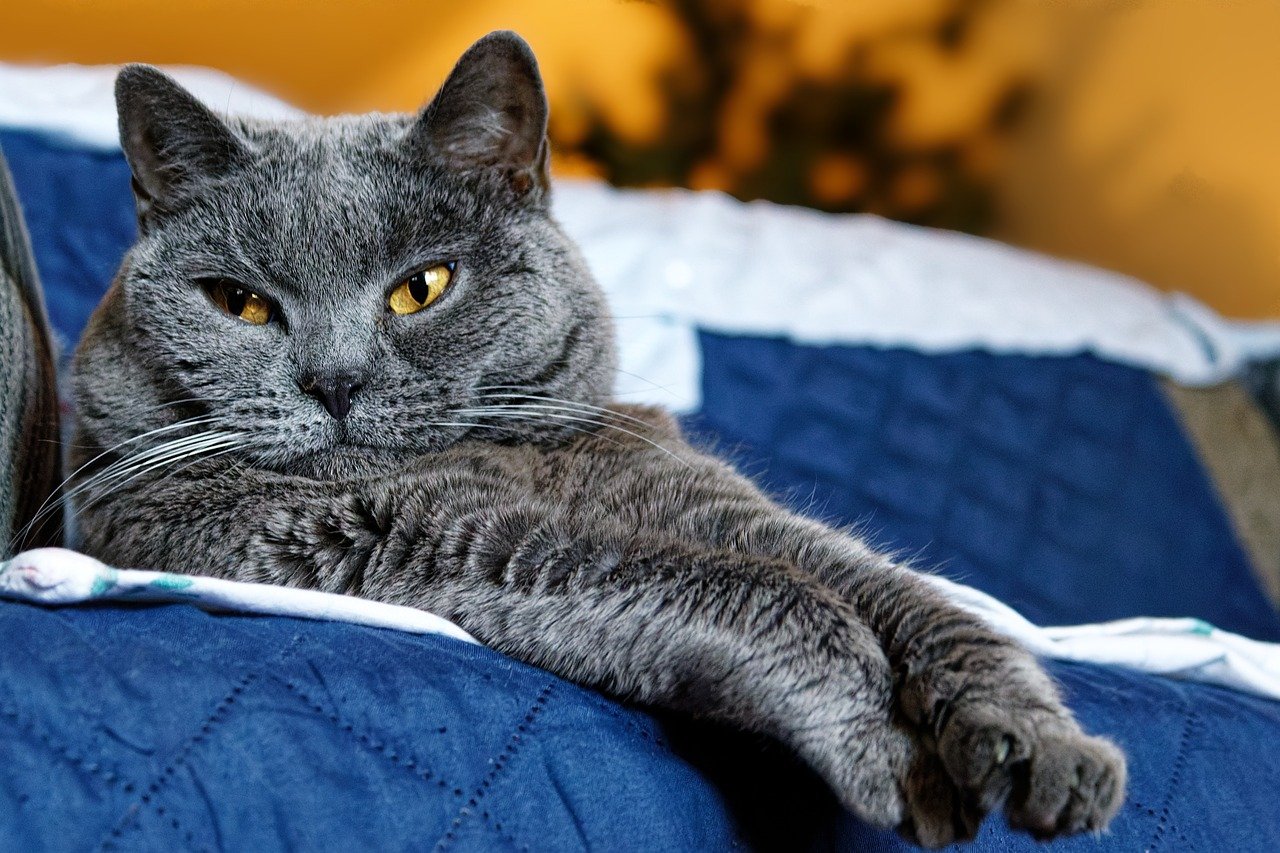Is My Dog Happy? Here’s How to Know Your Pet’s Happiness
As a professional communicator I get a lot of questions about how pets of all kinds are feeling and what they are thinking including dogs, cats, horses, birds, rabbits, ferrets, and yes, even lizards and snakes and…).
Like this great question from Rosemary: “Is my dog happy?”
How can you know for sure if your dog (or cat or any other pet for that matter) is happy?
You can play the guessing game, watch their body language, give them treats, good food, loving care, affection, shower them with attention…
But you cannot know for sure if they’re happy until you ask them!
Consider different children receiving the same kind of attention and care. Sometimes they may feel happy all the time, and sometimes they don’t, and some kids never feel happy no matter what you do. There’s something missing for them.
Think about it this way: How do you know anything about anyone until you talk with them directly and find out?
It’s a serious problem that can lead to bad behavior, ill health, and even your furrkid running away from home!
People often underestimate the importance of asking questions when problem solving and connecting with others. But without asking the right questions in the right way and timing, how can you discover what the real problem actually is, and work to find the right solutions together?
Is My Dog Happy? Is My Cat Happy? What About My Horse, or Bird, or…? Ask!
Who else could possibly know how your pet feels except them?
What many people struggle with when it comes to gauging pet happiness by asking them questions is just how to ask them questions. They also struggle with actually listening to, receiving and interpreting the signals their pet is sending them.
There are different ways to ask animals questions. Some techniques work better than others depending on your intuitive abilities and skills.
How to Engage in a Conversation With Your Pet to Improve Your Pet’s Happiness

The Heart School of Animal Communication® Beginning Core Foundations Course teaches you what all the basic senses are (both subtle and physical), what the 3 main intuitive senses are, how to use your senses with animal communication to better understand your pet, and, how to grow and develop all of your senses no matter what your primary intuitive sense is.
Once you know how to connect energetically and telepathically at the heart and mind level, get and keep their attention, and the proper way to send messages to animals, the next step is to learn how to receive and interpret their responses accurately.
How to Receive and Interpret Your Pet’s Responses
For today, consider how your dog (or any animal) might respond to the question, “are you happy?”
Clairvoyants
For clairvoyants, pay attention to the kind of images they send back to you. Are the images happy, lighthearted images with loving, content, and joyful feelings and colors? The answer to your question then would be a resounding: “YES, very happy, thank you very much!”
Or are they sending more sad impressions, darker colors with heavy, depressed, or closed-off emotions?
In that case, you guessed it. Your animal is not happy.
Clairaudients
For clairaudients, notice how you hear their voice in your head. How does it feel? How does it sound? Thank about how it is different than your own mental voice. Listen to what they tell you from a neutral witness observer mode from your heart, so you receive a clean, clear message with minimal mental interference.
For instance, they might say:
- “Yes, mom/dad, I’m happy.”
- “No, I’m not happy.”
- “What do you mean? I don’t understand the question.”
Clairsentients
For clairsentients, notice how you feel as you focus on and share the question. Information for you comes through your gut and heart knowing then later is processed by your head.
Consider how does your body respond to theirs when you tune in and connect?
Do you feel love, joy, peace, or contentment deep within your being reflected back to you? A sense of ease?
Or do you feel a sense of agitation, frustration, anxiety, or nervousness?
Become One With an Animal
Another technique to gauge pet happiness is the extremely powerful, fastest, most direct communication method: Become One With an Animal (taught in the Beginning Course).
When you are ONE, you’ll have access to many of their thoughts, feelings, sensations, and so much more.
Bonus Tip: Ask a Different Question
If you don’t get much of a response to the question you’re asking, try asking a different question. In this case, asking “Is my pet happy” or “Are you happy” is perhaps too general or broad a question.
Are you asking if your pet is happy with its life? Are they feeling happy because they feel good? Happy when they eat what they want? Are they happy to have you as their person? Happy when the sun shines and they can run around outside? Happy when you stroke or pat them in a certain way, or, when you leave them alone? Are they happy with their food or new bed? Happy with a sun bath and a nap when you’re away?
Happy with what exactly?
See where I’m going with this? They need more context.
Reframing the question to be more specific becomes the bigger and perhaps better question, resulting in a much more meaningful conversation.
If you’re struggling with communicating with your pet, try using a picture. Click here for tips on how to do that.
Of course, the next question if they say that they are not happy is: “Why? What’s not working for you? Tell me more!”
Your job is to find out what it is and help them fulfill it, so you can both be happy. For that, you’ll need to grow your abilities a bit more.
Got it?
Great!
Using all of these techniques, the next time you ask, “Is my pet happy?” you will have the answers you seek! Put it to the test and do it!
Download my FREE Ebook Hidden Secrets to Communicating with Animals – just click on the picture below!
Grow Your Abilities to Communicate With Animals
Would you like to have live coaching with me to answer more of your questions or help you take this further?
While you’re learning how to communicate, it’s critically important to practice with like-minded people and have expert guidance. It’s the only way to build your confidence and accuracy and get unstuck and unblocked when needed.
When you join us in the BEST Online Animal Talk Coaching & Mastery Club, don’t expect the “usual” community experience.
Expect more.
Because here’s the thing: If you can’t communicate well, you won’t be able to be there for them in the way that they need you to be when they need you.
Find out if you have what it takes to become an animal communicator here. For more tips on how to change animal behavior through communication, click here.
We love you and your wise teachers and healers disguised as animals.
Be sure to leave your comment below!
.
Did you enjoy this article? Check these out next:
The 12 Best Jobs for Dog Lovers
Separation Anxiety in Pets is Manageable
How to Build Your Own Pet Drinking Fountain










Leave a Reply